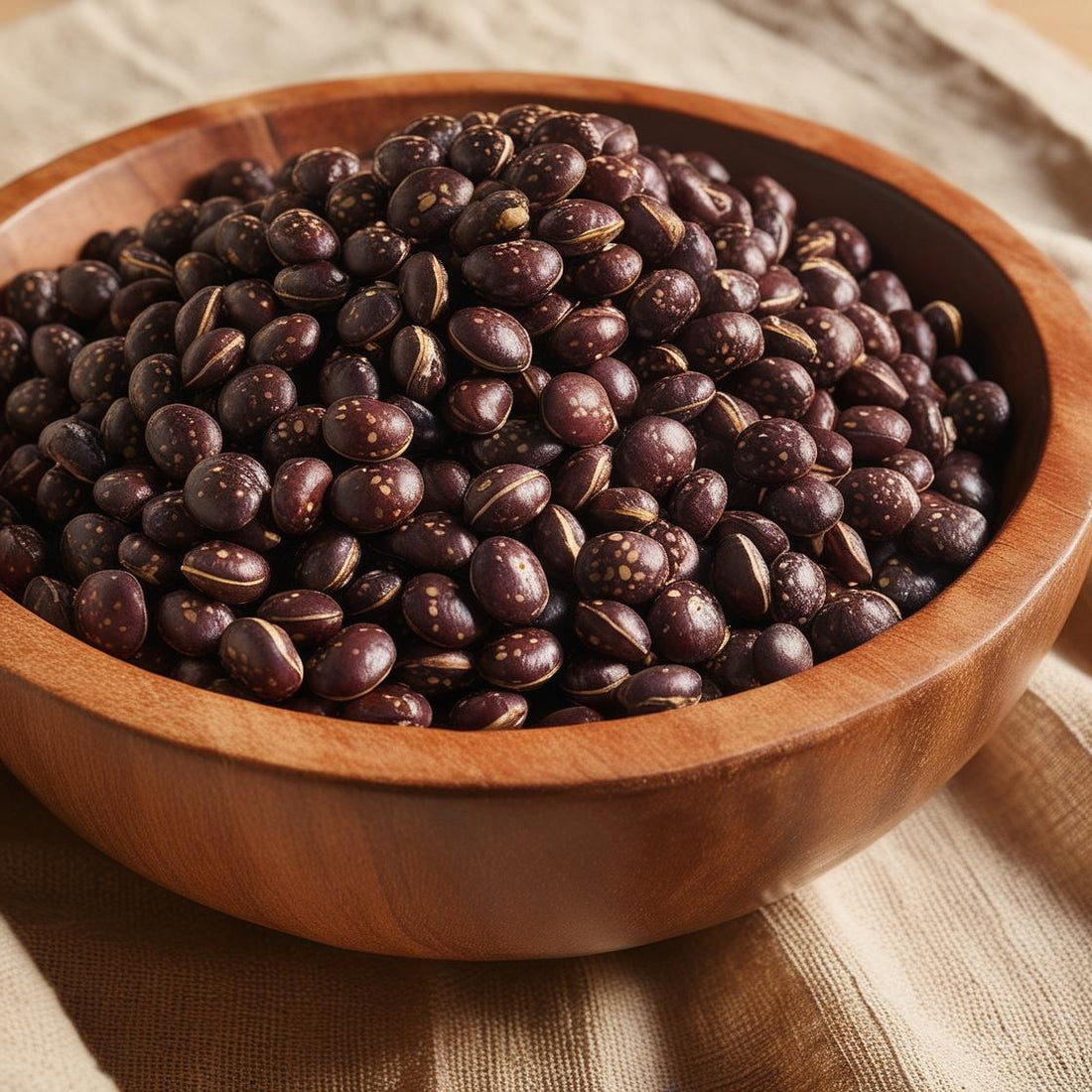Kulath, also known as horse gram, is a legume commonly used in Ayurveda for its various health benefits. It is known to have anti-diabetic, anti-hyperlipidemic, and antioxidant properties.
One study found that horse gram supplementation for 60 days led to a significant reduction in fasting blood glucose levels and an improvement in lipid profiles in individuals with type 2 diabetes (Shobana et al., 2010). Another study showed that horse gram consumption was able to reduce body weight and lipid levels in hyperlipidemic individuals (Mandal et al., 2010).
In addition to its effects on diabetes and lipid metabolism, horse gram has also been shown to have anti-inflammatory and anti-cancer properties (Reddy et al., 2011; Raja et al., 2015).
Traditionally, horse gram has been used in Ayurveda for treating respiratory diseases, fever, and menstrual disorders. It is also used as a food in some parts of India, often in the form of soups or stews.
References: Mandal, S., Mandal, M. D., & Pal, N. K. (2010). Feeding of horse gram and black gram affects the blood glucose level, lipid profile and atherogenic index in normal and hyperglycemic rats. Journal of Human Ecology, 32(1), 55-59.
Raja, K., Kumar, P. R., & Ganesan, K. (2015). Anti-cancer activity of horse gram (Macrotyloma uniflorum) on human prostate cancer cell line. International Journal of Pharmacy and Pharmaceutical Sciences, 7(9), 319-322.
Reddy, S. S., Ramatholisamma, P., & Karuna, R. (2011). Evaluation of antioxidant activity of selected Indian folk medicinal plants. Journal of Medicinal Plants Research, 5(13), 2555-2560.
Shobana, S., Malleshi, N. G., & Sudha, V. (2010). Nutritional composition and protein quality of differently processed mucuna and horse gram flours. Journal of Food Science and Technology, 47(1), 52-57.
Thawani, V., Thakurdesai, P., & Sontakke, S. (2011). Beneficial effects of horse gram seeds in diabetes mellitus: A pilot study. Indian Journal of Traditional Knowledge, 10(3), 486-489.

